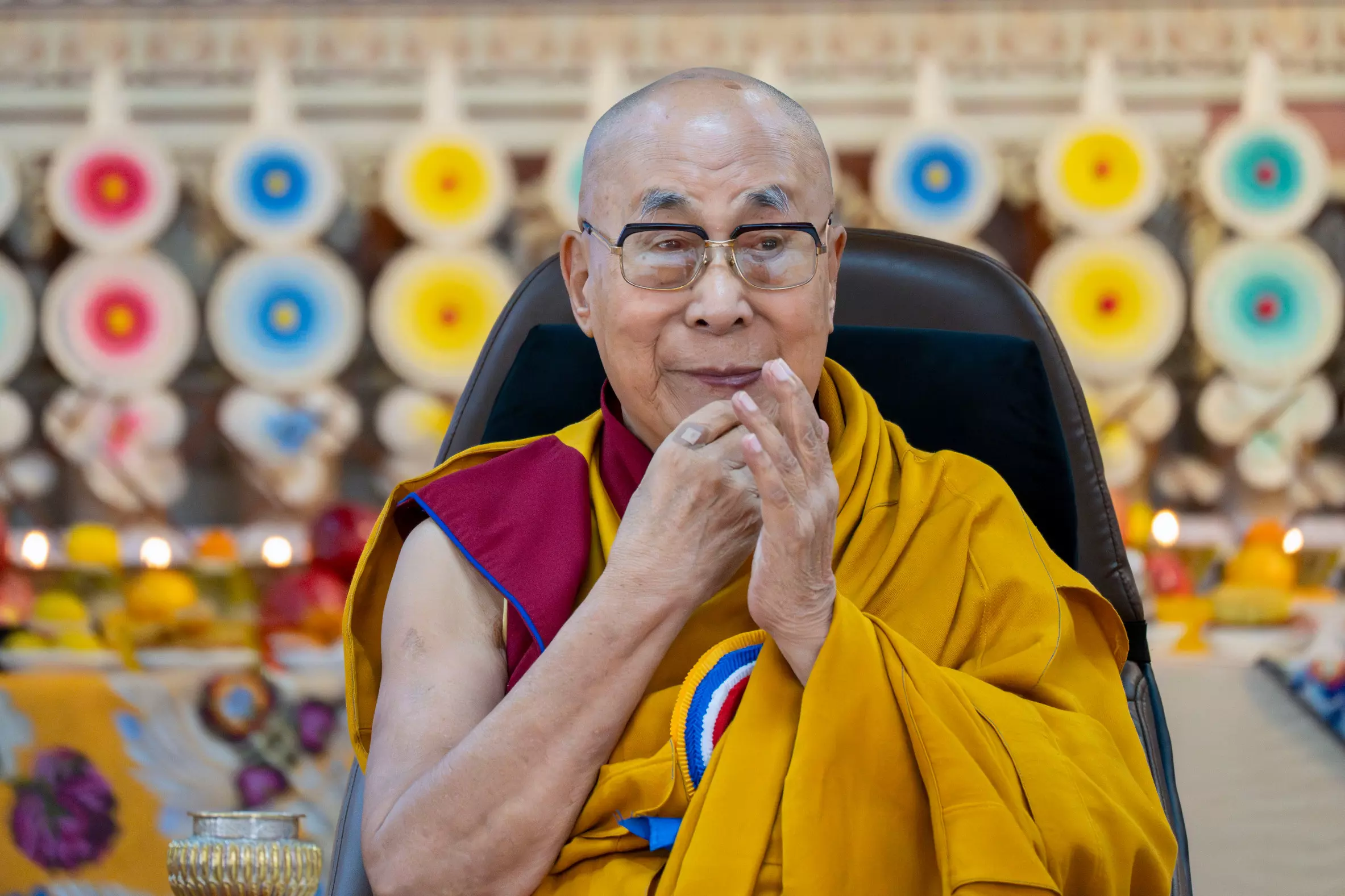DC Edit | India Must Support Dalai Lama’s Choice of Successor
It is tragic then that China is thought to be waiting for his death as he has not responded to China’s offer to discuss his future if he recognises Tibet as an inalienable part of China

What should be a celebration of a spiritual leader of Tibetan Buddhists of the Nalanda tradition who turns 90 this weekend has had a dose of geopolitics injected into it as the succession issue has cropped up. However, the Government of India, which inherited the 14th Dalai Lama’s refuge in the country as a natural supporter of a spiritual movement under pressure in Communist China in the 1950s, is firm that the Dalai Lama and the Gaden Phodrang Foundation he has set up must handle the succession as it wishes.
China, which views the Dalai Lama as a separatist and is in political exile in India, has respected his big following to the extent of not thrusting its own Dalai Lama and allowing only a Panchen Lama in Lhasa’s Potala Palace. However, China insists that it alone has the authority to approve the next Dalai Lama. It is easy to see then how another friction point in already fractious India-China relations is fast developing.
There is logic to the view that a belief in reincarnation, through which successions have been ordained in the 600-year-old religious practice, will be decided only by established conventions and that the desire of the 14th Dalai Lama be respected in making the choice. This is strictly in the domain of religion and neither India nor China should have a say in how the succession takes place. It is another matter that the issue has been heavily politicised and has a bearing on India-China relations, especially since the Dalai Lama has stated that his successor will be from outside China.
China played dirty in the previous reincarnation that was said to have been spotted. Its officials abducted a six-year-old boy, anointed by the current Dalai Lama as the 11th Panchen Lama and he has not been heard from since 1995. The current Beijing-installed Panchen Lama has pledged allegiance to the Chinese Communist Party, strengthening China’s resolve to take greater control of the Tibetan people.
Having invested so much time and given refuge to the Dalai Lama and his followers, who constitute a big diaspora of Tibetan Buddhists in India and elsewhere, India has no option but to go along with the wishes of the Dalai Lama who has been a revered figure in India for decades and among the many people who fled Tibet with him and their successors who were born outside Tibet. There is no place for the nation to have a policy on this and even less for any intervention at this stage.
It is tragic then that China is thought to be waiting for his death as he has not responded to China’s offer to discuss his future if he recognises Tibet as an inalienable part of China. The Tibetan government in exile cannot be expected to even consider this as its very establishment is owed to the Dalai Lama being viewed as a freedom fighter who, dressed as an ordinary soldier, fled Mao’s China to settle in mountainous Dharamshala, with a resemblance to their Tibetan home, where he set up a government in exile.
The US, where the Dalai Lama’s followers have long been recognised as religious refugees, has resolved to support his choice of successor. With the status quo having prevailed for 66 years of the leader’s residence in India as the very personification of the Tibetan movement, there is little need to change anything, regardless of China’s views on the Dalai Lama and how it would love to shape the hunt for his successor.

